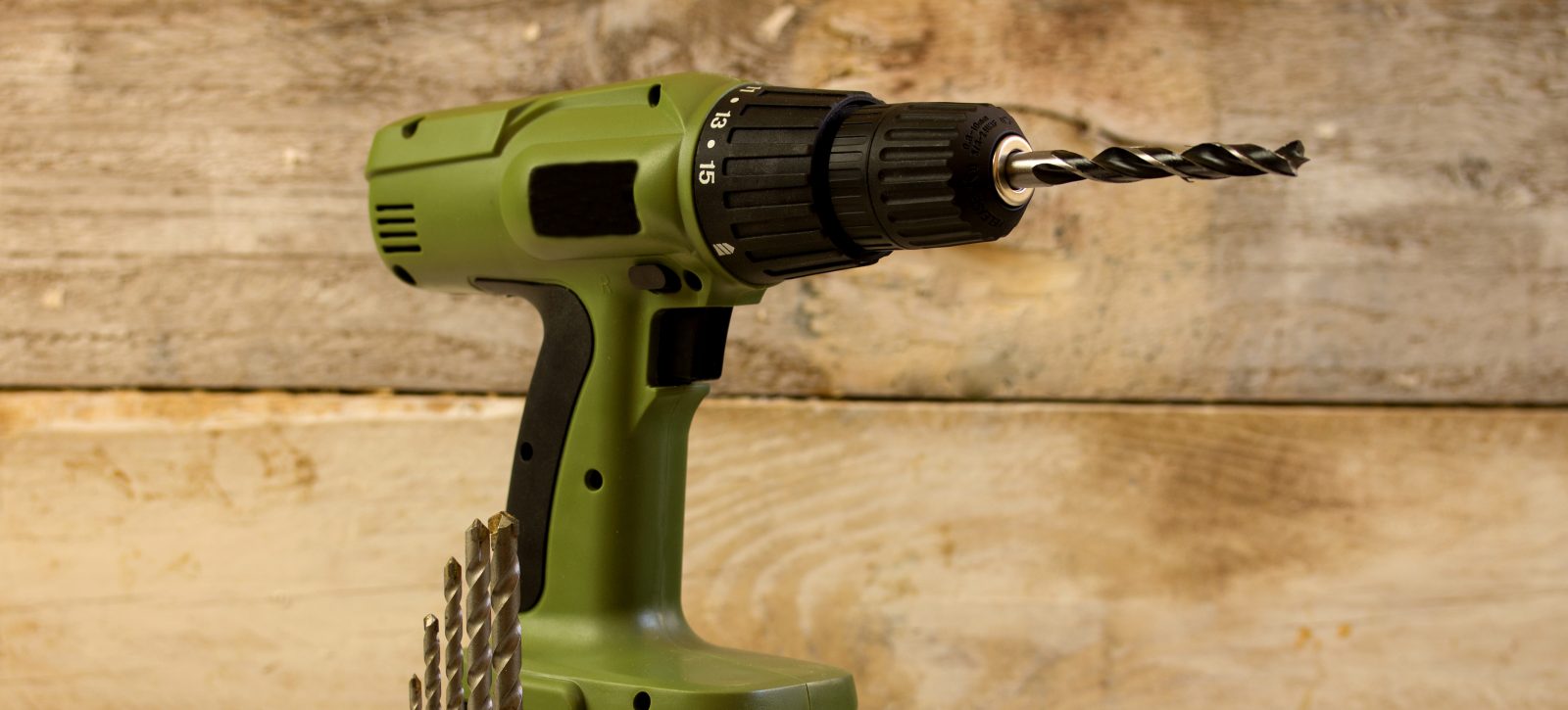Home » Course Layouts » Free Course Layout Udemy
Power tools must be fitted with guards and safety switches; they are extremely hazardous when used improperly. The types of power tools are determined by their power source: electric, pneumatic, liquid fuel, hydraulic, and powder-actuated.
0
29
English
English [CC]
COMING SOON
- Learn basic syntax that can apply to any language.
- Learn what is a programming language and the basic concepts for beginners.
- Understand what is Javascript in it's truest form.
- Know the basic syntax of Javascript.
- Know some hidden quirks in Javascript.
Description
Power Tool Safety
Tools may be powered by electricity, compressed air, hydraulics, belts or chain drives. Power used by tools to do work can possess a tremendous amount of energy that must be controlled by the worker using the tool. Hazards from tool power sources affect not only the person using it but also to those working close by. Power tools can be extremely dangerous if they are used improperly. Each year, thousands of people are injured or killed by power tool accidents. Common accidents associated with power tools include abrasions, cuts, lacerations, amputations, burns, electrocution, and broken bones. These accidents are often caused by the following:- Touching the cutting, drilling, or grinding components
- Getting caught in moving parts
- Suffering electrical shock due to improper grounding, equipment defects, or operator misuse
- Being struck by particles that normally eject during operation
- Touching hot tools or workpieces
- Falling in the work area
- Being struck by falling tools
- Use the correct tool for the job. Do not use a tool or attachment for something it was not designed to do.
- Select the correct bit, blade, cutter, or grinder wheel for the material at hand. This precaution will reduce the chance of an accident and improve the quality of your work.
- Keep all guards in place. Cover exposed belts, pulleys, gears, and shafts that could cause injury.
- Always operate tools at the correct speed for the job at hand. Working too slowly can cause an accident just as easily as working too fast.
- Watch your work when operating power tools. Stop working if something distracts you.
- Do not rely on the strength to perform an operation. The correct tool, blade, and method should not require excessive strength.
- If undue force is necessary, you may be using the wrong tool or have a dull blade.
- Before clearing jams or blockages on power tools, disconnect from a power source. Do not use your hand to clear jams or blockages, use an appropriate tool.
- Never reach over equipment while it is running.
- Never disable or tamper with safety releases or other automatic switches.
- When the chance for operator injury is great, use a push stick to move material through a machine.
- Disconnect power tools before performing maintenance or changing components.
- Keep a firm grip on portable power tools. These tools tend to Keep a firm grip on portable power tools. These tools tend to "getaway"
- Remove chuck keys or adjusting tools prior to operation.
- Keep bystanders away from moving machinery.
- Do not operate power tools when you are sick, fatigued, or taking strong medication.
- When possible, secure workpieces with a clamp or vise to free the hands and minimize the chance of injury. Use a jig for pieces that are unstable or do not lie flat.
ADVANTAGES OF USING POWER TOOLS
Power tools are the tools of choice when you want accuracy and efficiency in your work and they have the following advantages:- Power tools are much more powerful than hand tools and have motors, a power source, battery and electricity, on which they run. This has an added advantage and makes them the tool of choice among many tool users.
- Power tools also have greater accuracy and are faster than hand tools. There is also more precision achieved when a power tool is used for jobs.
- Power tools are used for jobs that are difficult or hard for hand tools to perform. For example, jack hammers are used to drive nails into concrete walls, something which is difficult for normal hand hammers to achieve. This allows contractors to secure concrete anchors into walls so as to secure them to concrete floors.
DISADVANTAGES OF USING POWER TOOLS
There are only a few disadvantages of using power tools. The main disadvantages include the following:- Power tools require a power source, and as such remain useless if there is no power source available or if the battery by which they run is depleted.
- Power tools are much more expensive to maintain as they require servicing once in a while to maintain good quality service delivery.
Course content
N.A
- 5 stars0
- 4 stars0
- 3 stars0
- 2 stars0
- 1 stars0
No Reviews found for this course.
Instructor
OpenCoursa
Accessible Education for Everyone
5
5
6
24217
4637
We are an educational and skills marketplace to accommodate the needs of skills enhancement and free equal education across the globe to the millions. We are bringing courses and trainings every single day for our users. We welcome everyone woth all ages, all background to learn. There is so much available to learn and deliver to the people.
Explore Free Courses
Access valuable knowledge without any cost.
{"title":"","show_title":"0","post_type":"course","taxonomy":"course-cat","term":"engineering-skills,health-and-safety","post_ids":"","course_style":"free","featured_style":"course6","masonry":"","grid_columns":"clear4 col-md-3","column_width":"268","gutter":"30","grid_number":"4","infinite":"","pagination":"","grid_excerpt_length":"20","grid_link":"1","grid_search":"0","course_type":"","css_class":"","container_css":"","custom_css":""}












